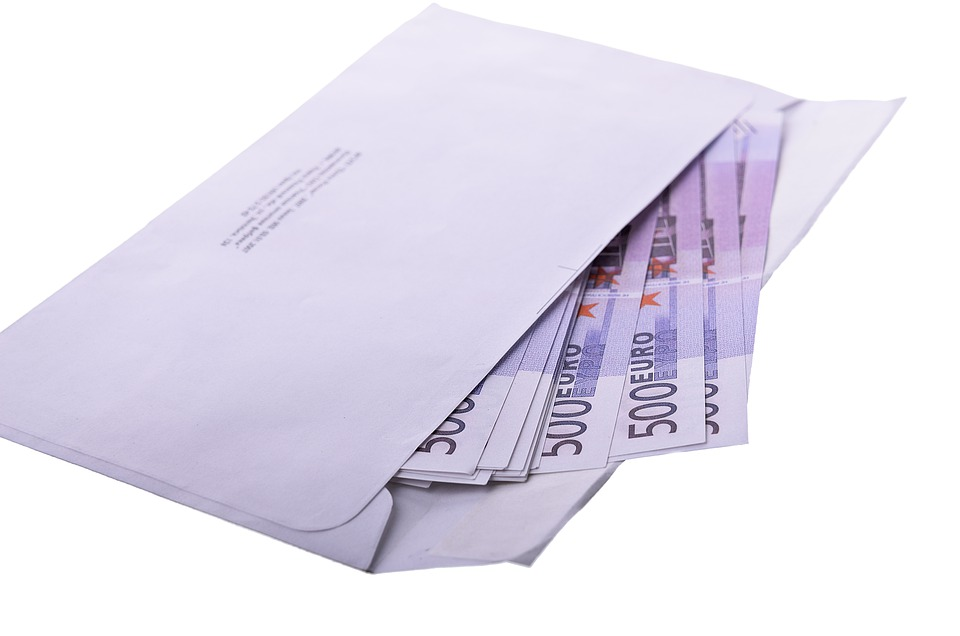Getting burdened by debts is really a big hurdle in living your life. It doesn’t only take a toll on your finances, but also your health and personal freedom.
You’ll always feel stress thinking about how you can get out of this financial mire, and you can’t buy the things you need and want because most of your money will go towards trying to get rid of your debts.
When you have too many debts, it’s high time you use a personal loan for debt consolidation. If you want to know how this thing works, read this guide on how to use a personal loan to pay off debt.
What is a Personal Loan?

A personal loan is an unsecured type of credit, meaning you can borrow a sum of money without putting a valuable asset as collateral.
Depending on your credit rating and the agreement between you and your lender, you can borrow money amounting from $1,000 to $100,000 when you take out a personal loan. You can pay back such a loan amount and interest with installment payments for one to seven years (or longer).
You can avail a personal loan from a bank, credit union, or online lending company. Make sure that you pick a lender that offers the best deal for your financial situation.
Using a Personal Loan to Consolidate Multiple Debts
You can manage your existing debts more efficiently if you obtain a personal loan and use it for debt consolidation.
If you want to get rid of your credit card debts, store card balances, and payday loans, you can utilize a personal loan to consolidate your outstanding debts into a single payment.
The good thing about using a personal loan for debt consolidation is that there’s a chance that you can lower the cost of your debt payment. This is because of the advantageous repayment terms and lower interest rates of personal loans.
After getting approved by the lender, you must pay off all your existing financial obligations with the sum of cash from your personal loan. Once they’re paid, all you have to think about is paying back your personal loan along with its interest.
Positives and Negatives of Using a Personal Loan for Debt Consolidation
Using a personal loan to merge your debts into a single payment can have its advantages and disadvantages.
Please take note of this list of positives and negatives of using a personal loan for debt consolidation to figure out whether it’s a good approach for your financial situation.
Benefits
- You can manage your repayment effectively because you’ll now be paying to one lender every month.
- You can avail of a low-interest rate personal loan for debt consolidation. And, of course, a lower rate of interest means less monthly installments. Just search for a lender that offers a personal loan with competitive rates of interest.
- A personal loan is an installment loan, which has the most advantageous repayment method. The sum of cash you borrow plus the interest will be divided into a series of payments until you repay the loan in full.
- Typically, a personal loan has a fixed interest rate, which means that you have certainty on how much you pay monthly.
- Most personal loan lenders will give you an option to select the duration of the loan, which can last as long as one year or seven years or more. Shorter loan terms have lower interest rates but higher monthly payments. Longer loan terms have lower monthly payments but higher rates of interest.
- You can build or improve your credit score if you pay your personal loan on time.
Drawbacks
- Make sure to find a lender that allows you to obtain a personal loan for debt consolidation. It’s because not all lenders will let you borrow money from them for such a purpose.
- You must have a stellar credit score to avail of a low-interest rate personal loan. It would be unreasonable on your part to take out this loan option if you’ll only incur an excessive rate of interest.
- You’ll pay more towards the interest when you obtain a personal loan with a longer-term.
- You may have to pay for extra fees or early payment charges. That’s why it’s crucial to ask your lender for such information beforehand.
- Your existing debts may have early payment penalties. So, before you procure a personal loan to pay off these debts, you must ensure that they won’t incur penalties if you pay them early using a personal loan.
Takeaway
Yes, you can use a personal loan to consolidate your existing debts, and this approach may provide you with some benefits.
However, you should be smart when picking up a lender and make sure that getting a personal loan suits your financial situation.
You can go back to this blog post to guide you in obtaining a personal loan and using it for debt consolidation.
Resources:
- What Are The Benefits Of Instant Online Loans
- What Kind of Loans to Apply for?
- Top 10 Reasons Why Payday Loans are So Popular
Author: Vanessa Wright














